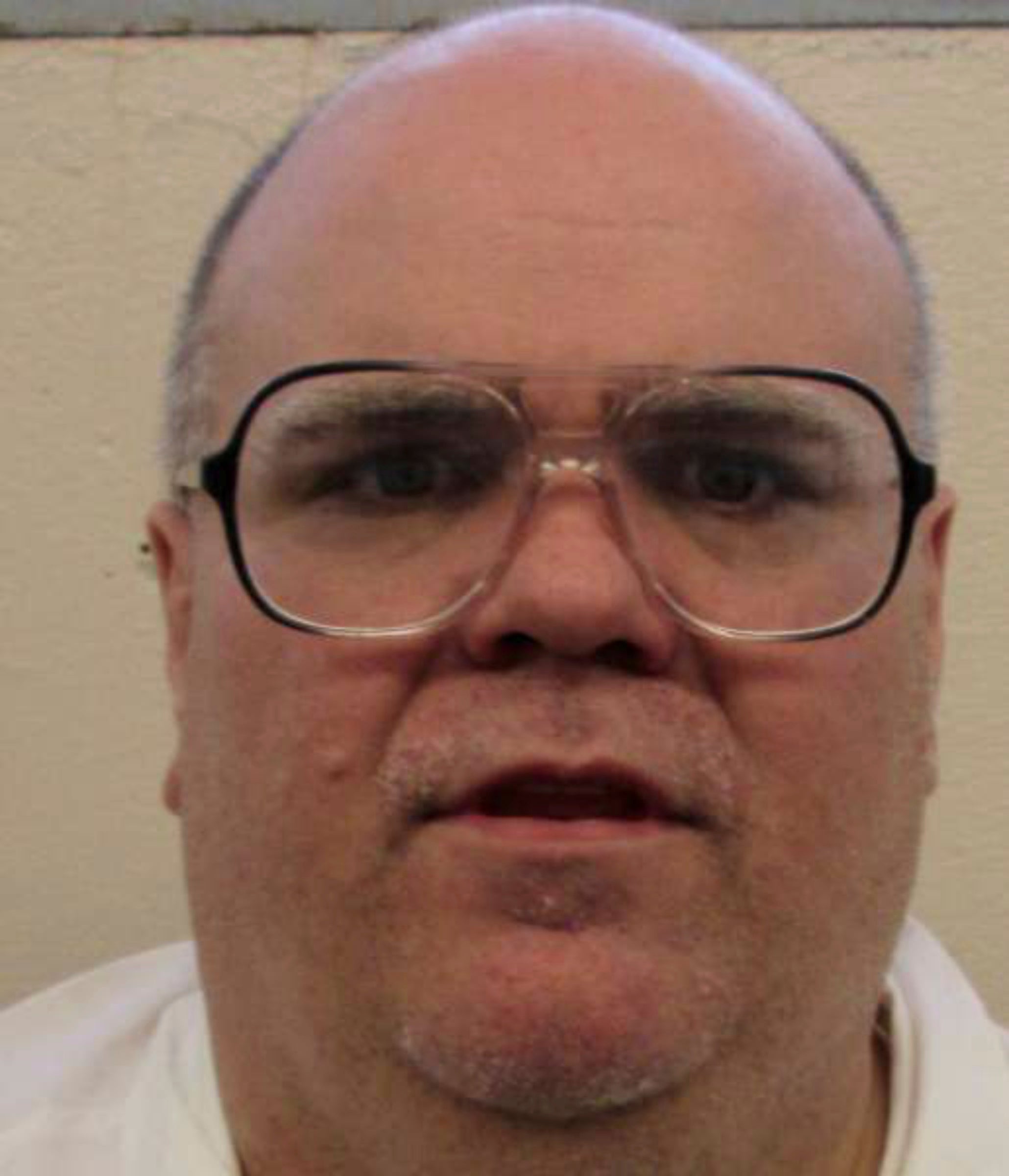Court orders Alabama to preserve evidence after ‘Kafkaesque’ botched midnight execution
Officials couldn’t place IV line for hours
A federal court has ordered Alabama officials to preserve evidence of a ‘Kafkaesque” botched late-night execution.
On 22 September, an after-hours order from the US Supreme Court gave the state the go-ahead to kill Alan Eugene Miller, a former delivery driver, who was sentenced to death after killing three people on the job in 1999 in the city of Birmingham.
Over the course of hours, corrections officials failed as many as 18 times to set an IV line on Miller and begin the lethal injection execution, the Death Penalty Informatin Center reports, before eventually calling things off as they approached a midnight deadline.
Following the failed execution, Alabama’s third since 2018, state corrections commissioner John Hamm said “time constraints resulting from the lateness of the court proceedings” caused the delays.
“The execution was called off once it was determined the condemned inmate’s veins could not be accessed in accordance with our protocol before the expiration of the death warrant,” he said in a press conference.
Previously, lower federal courts had ordered the killing to be put on hold. They found it likely that Alabama lost the paperwork where Miller requested to be executed via nitrogen gas, and would be denied his rights if the state went ahead executing him via lethal injection instead.
However, a 5-4 decision from the Supreme Court set aside those orders.

In briefings before the high court, Alabama said that even if they did mishandle Miller’s request to die by nitrogen gas, executing him by another method as a result wasn’t a deprivation of rights, arguing that the “guarantee of due process has never been understood to mean that the State must guarantee due care on the part of its officials.”
Miller’s lawyer, in response, called this line of thinking “Kafkaesque” and accused officials of “manufacturing an emergency.”
“Mr Miller is not going anywhere, and neither is the Alabama Department of Corrections,” they wrote. “The State is manufacturing an emergency need to execute Mr Miller despite the fact that the State can execute Mr Miller once it finalizes its nitrogen hypoxia execution protocol.”
The botched execution is the latest sign of dysfunction in Alabama’s death chamber.
Among the reasons the state argued it had to execute Miller via lethal injection was because it admitted that its protocol for nitrogen gas, approved in 2018, wasn’t ready.
Prior to Miller’s planned killing, state officials equivocated about whether they were ready to use the process, which has been proposed as a more humane form of execution, but which remains untested in three states where it is legal: Alabama, Oklahoma and Mississippi.
During a 12 September hearing, Alabama said there was a “very good chance” the nitrogen process would be ready for Miller’s execution. Just three days later, commissioner submitted an affidavit saying the opposite.
“The ADOC cannot carry out an execution by nitrogen hypoxia on September 22, 2022,” it read.
The Miller execution, and the ones that came before it, suggest the state is continuing to have issues with its lethal injection process as well.
In 2018, the execution of Doyle Lee Hamm was called off because executioners couldn’t find a vein for the lethal injection drugs after puncturing his skin 11 times over the course of hours.
This July, Joe Nathan James faced a similarly lengthy execution, where observers to an autopsy said Alabama officials had to slice into the man’s skin to place an IV line, acting outside state rules.
The Independent and the nonprofit Responsible Business Initiative for Justice (RBIJ) have launched a joint campaign calling for an end to the death penalty in the US. The RBIJ has attracted more than 150 well-known signatories to their Business Leaders Declaration Against the Death Penalty - with The Independent as the latest on the list. We join high-profile executives like Ariana Huffington, Facebook’s Sheryl Sandberg, and Virgin Group founder Sir Richard Branson as part of this initiative and are making a pledge to highlight the injustices of the death penalty in our coverage.
Bookmark popover
Removed from bookmarks